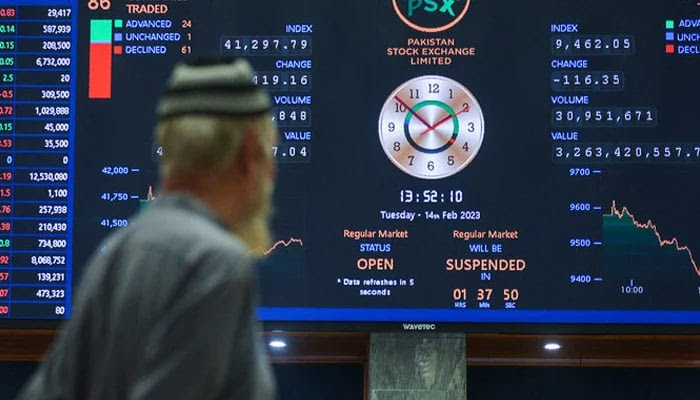June 12, 2019 (MLN): Opting for a realistic approach to support stabilization in the economy, narrowing fiscal deficit and managing external account, newly elected government announced its first annual revenue focused budget.
Having missed all the targets growth indicators by a wide margin in FY19 and reporting a significant shortfall in tax collection target, FY20’s real growth target has been set at a realistic level of 4%.
Basic theme of the budget is to raise taxes through indirect measures (mainly GST) to bring the primary budget deficit to 0.6% of GDP and to broaden tax net by discouraging non tax payers through higher taxation.
Comprehensive changes in the taxation system have been made across all the sectors of the economy. However unlike in the past, as opposed to increasing the tax instances on already taxed, the government has made endeavors to broaden tax net and plunging the loop holes in the system for tax evasions.
The biggest tax burden is likely to fall on the real estate sector where a comprehensive tax scheme has been introduced to not only increase tax revenue but also to counter the malpractices of tax evasion in the economy and to whiten the money.
Given the aggressive tax measures taken in the budget to improve fiscal position, sectoral-wise growth will unvaryingly take a backseat over FY20-21 as the FY20’s budget turned out to be a tougher one in general driven largely by removal of many exemptions and concessions as expected.
Among the listed sectors, Cement, Textile, Banks, Engineering, and Autos will most likely feel the heat of the austerity measures announced. While Fertilizer sector has emerged as a major beneficiary through increased incentives in the form of crop insurance and farm credit to small farmers.
The particulars of sector-wise implications of budget proposals are as follows:
- The budget is neutral to negative for banks. Limitation of borrowing from SBP as announced by minister of State for Revenue is positive for banks as it may improve earnings. On the other hand, approval of gradual implementation of TSA and imposition of taxes on reversals of provisions is negative for the banks.
- As far as fertilizer sector is concerned, the budget remained silent on reduction in fertilizer prices (earlier it was expected that govt may reduce GIDC). However, govt has reduced GIDC target to only RS 30 bn for FY20 against last year target of Rs 100 bn.
- For the cement sector, FED increased on cements from PKR 1.5/kg to PKR 2.0/kg is expected to hit sector’s earnings as cement companies will not be able to pass on this increase in cost to the consumer amid excess supply. In addition, tax credit of 10% allowed for new investments has now been reduced to 5%. This will have negative impacts on the sector, as all the manufacturers have increased their capacities benefiting from tax credit.
- However, higher federal PSDP from PKR 500 bn to PKR701 bn is expected to increase cement demand from public sector. Allocation of funds for Naya Pakistan Housing Scheme is also expected to boost demand for cement.
- This measure will also increase demand of steel as PKR 70bn has been allocated for Dams and PKR 200bn has been allocated for railway and road network.
- Budget remains largely negative for the textile sector as government eliminated zero rated regime for export-oriented sector, increase sales tax on local sales from 5% to 17%, and it has been proposed to impose tax on cotton ginned to 10%. On the other hand, continuation of duty-free import of machinery and LTFF and ERF rates will encourage exporters.
- For the Auto sector, in order to rationalize levy, government enlarge the scope of FED by proposing 2.5% of FED on locally manufactured vehicles upto 1000cc, 5% from 1001 to 2000cc and 7.5% from 2000cc and above. This change in FED is negative for the sector. Whereas, removal of extra sales tax of 2% on tires and tubes is positive for the sector.
It is worth mentioning that before budget announcement, government kept on saying “the common people will not be affected with this budget”, However, contrary to this statement, taxing industries like sugar, cement, beverages etc. will affect the common people as producers will pass on the costs to the consumers.
Since it is impossible to control budget deficit without increase in taxes, the government has provided some relief though which will help in making our industries globally competitive.
These reliefs include exemption of 3% import duty for 19 items of raw materials and essential items of medicinal use, reduction in sales tax from 17% to 7.5% on food related inputs i.e. meat, vegetables, flour etc for restaurants/bakeries, basic raw material for paper production exempted from customs duty, exemption of duty on import of plant and machinery for setting up hydrocracker plants for oil refining and withdrawal of 3% value added tax on Petroleum Products.
Copyright Mettis Link News
28360







